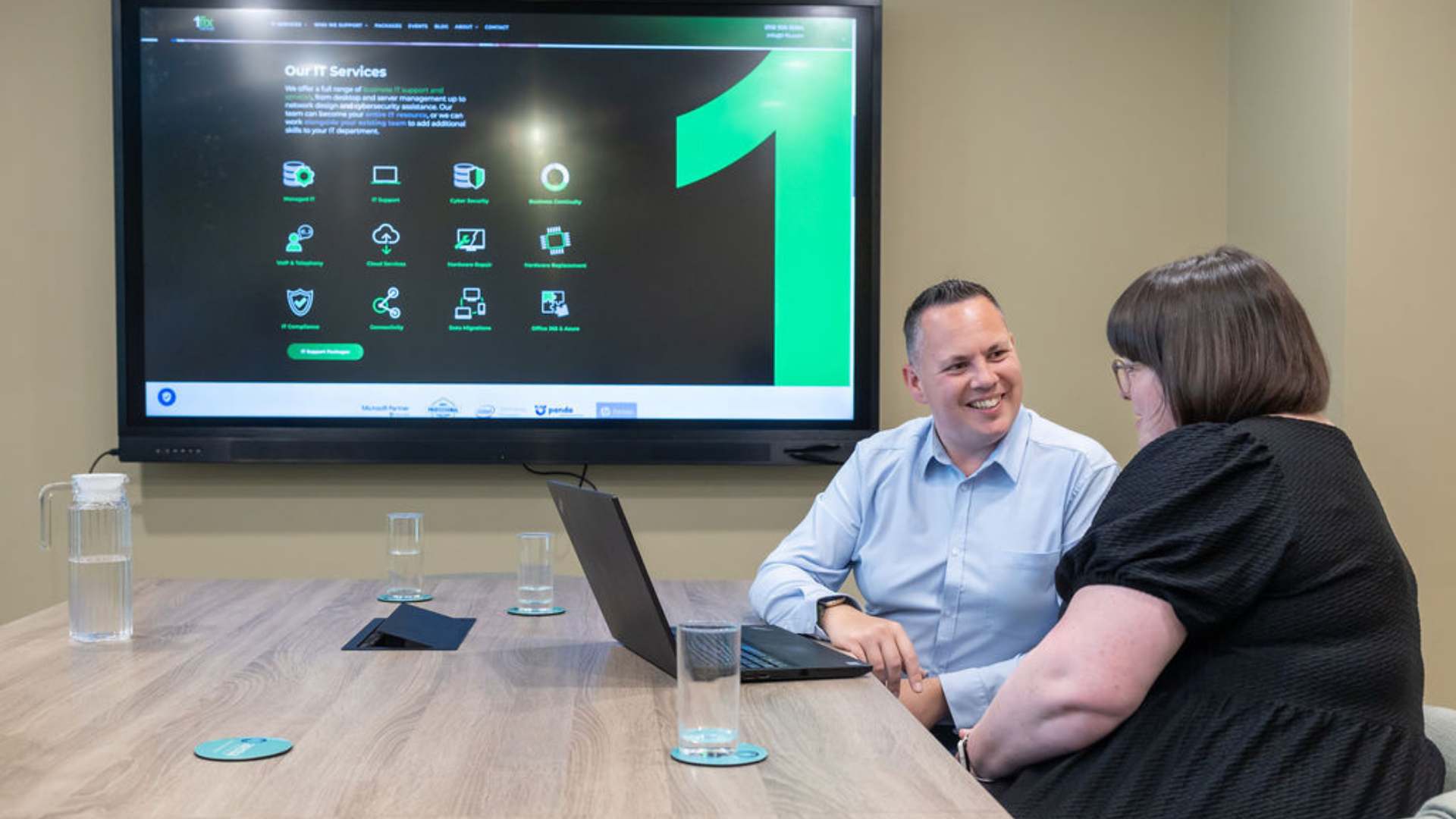11 things to think about when moving offices
Craig Atkins • March 30, 2015
This is a subtitle for your new post
11 things to think about when moving offices
Is there a nagging sense that your current business premises are no longer suitable for your expanding empire?
You could be delaying the inevitable because an office move seems like a big, fat hairy monster of a project and – frankly – you don’t have time to handle one more major task.
But deep down you know you need to take a deep breath and get on with it.
We help you to kick-start the thought processes and hopefully end the procrastination.
Start by breaking down tasks into manageable chunks and draw up a master plan to ensure that nothing is overlooked.
Decision taken – yes, we do need to move
Initial thoughts will surround:
Budget
Rental or purchase price, solicitors, office relocation specialists. Draw up a full list of expenditure and do the maths.
Location
Any implications for staff regarding access from their homes, when compared with current premises? Will relocation expenses or compensation packages be a factor for your business?
Premises
If the new place meets your current needs, how long before you expand to outgrow it, or is there space for further expansion, should you need it?
Does public transport serve the new location?
Is there enough parking for staff and visitors? If you have shared parking with other tenants or owners is there specificcally allocated space for your business?
Will clients be able to get to you easily?
Planning
Designate the project to a member of your leadership team, but don’t expect them to take care of the relocation in addition to existing responsibilities.
This person will liaise with any outside contractors and ensure that your internal teams’ needs are all met.
Have them prepare a realistic timeline and investigate ways of minimising down time. This will inevitably occur, but you might be able to plan for the change to happen during a predictably quiet period.
Keep everyone informed
Communication is key in any major change, no matter what the size of the business, so ensure everyone is kept up to date and that their needs are going to be met.
Clearly define your logistical needs ‘on the day’
Key points in an office move include:
Connectivity
Phone systems
Equipment (disconnection, transportation and reconnection)
Furniture – existing to be moved or sold to make way for new?
Re-direction of post
Energy suppliers
CCTV / Door entry systems (if already there, do they need to be serviced?)
Electrical safety testing
Remember to tell everyone!
Stationery
Make sure clients know where you’re going. You’ll need to re-print letterheads and business cards, and your website will need a thorough review.
Awareness
Use email, email and social media platforms to let people know your new location and phone numbers.
And how about staging a grand opening – to welcome clients to your new premises.
This is, after all, a good news story – you’re moving so that you are better placed to meet your clients’ needs and provide better service – so what better excuse for a party?
How can we help?
We’re experts in helping businesses move office, especially with regards to the IT and telecoms (but we have some great contacts who we can use to help with other things – like furniture, removals, office fitting and cleaning).
If you’ve got an up-coming move then give us a quick call to chat through you’re plans. We’d be happy to check that you’ve got everything covered.
Call us now on 0118 9260084 or drop us an e-mail.
Join Our Mailing List
All sign-ups are handled inline with our privacy policy and can unsubscribe at any time.






















